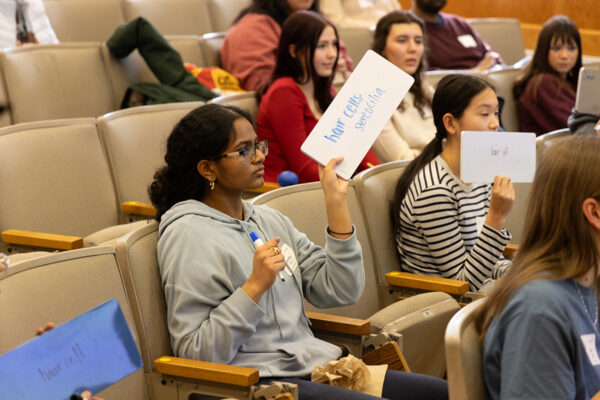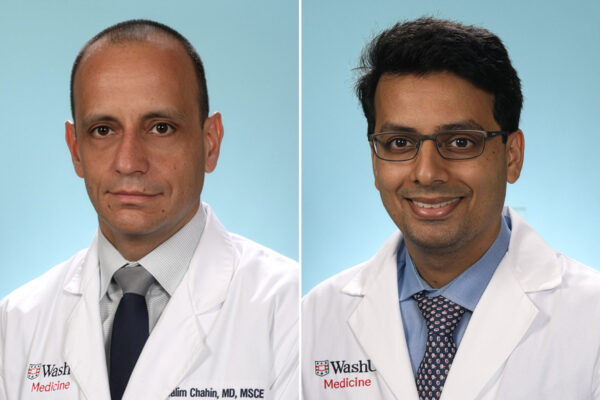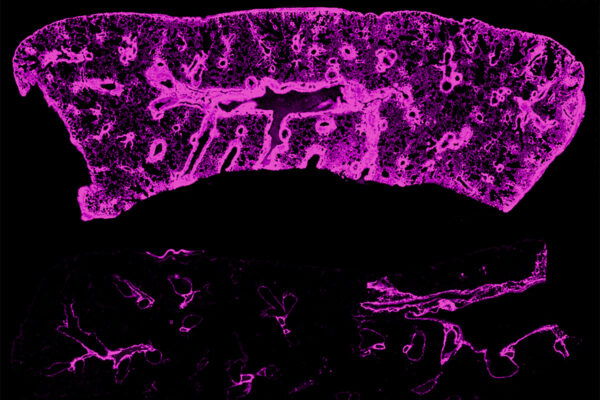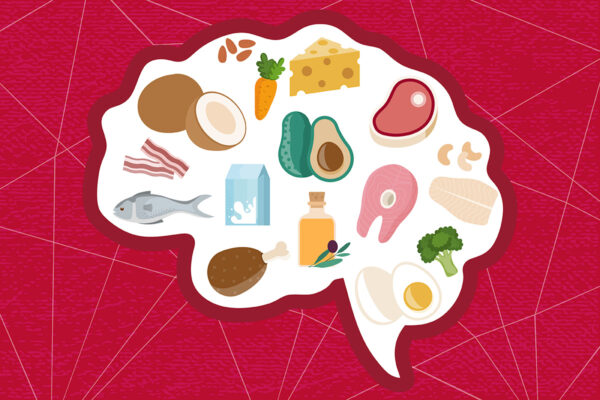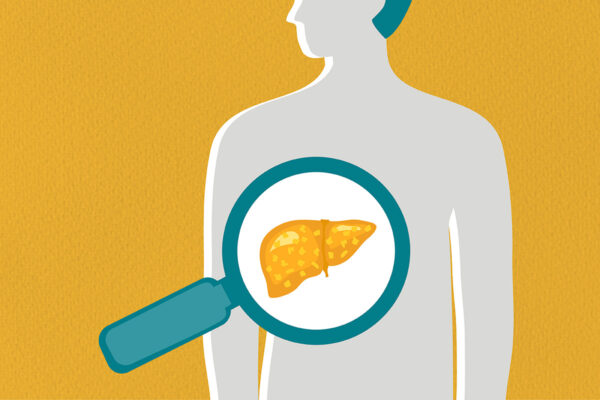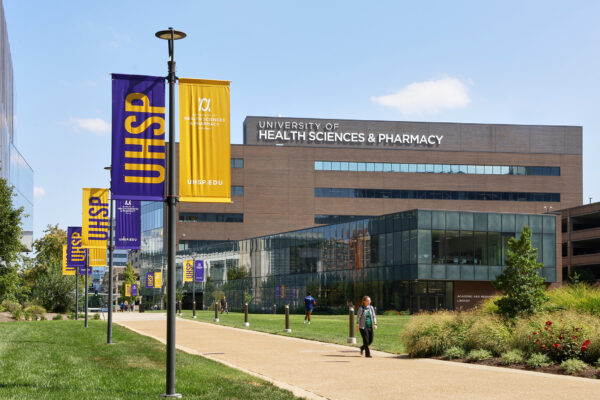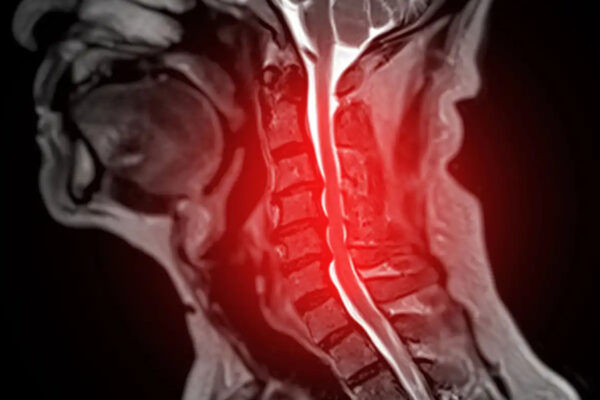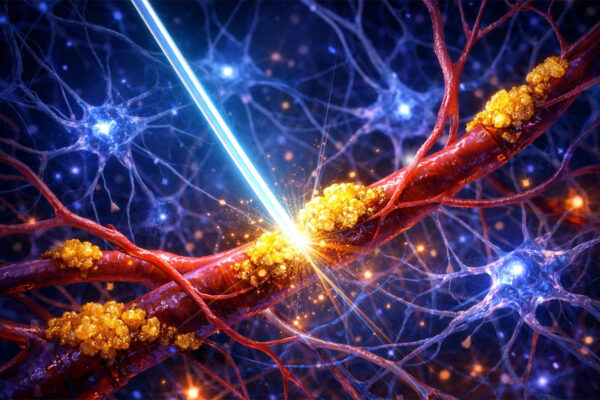High school students compete at WashU’s annual Brain Bee
The 16th annual St. Louis Area Brain Bee drew 54 high school students from about 30 schools to WashU for a day of neuroscience challenges and panels.
Chahin, Rohatgi named Loeb Teaching Fellows
The 2026-28 Carol B. and Jerome T. Loeb Teaching Fellows at WashU Medicine have been named. They are Salim Chahin, MD (left), an associate professor of neurology, and Ram K. Rohatgi, MD, an assistant professor of pediatrics and of radiology.
App aids substance use recovery in vulnerable populations
A mobile app developed by WashU Medicine researchers is effective at helping patients with substance use disorder who are in unstable housing situations take steps toward recovery, a new study found.
New WashU Medicine program to train data specialists
The master’s program in biomedical data science and artificial intelligence is one of few such programs in the U.S. It offers a flexible curriculum, part-time enrollment and evening classes to accommodate working students.
Surprising culprit leads to chronic rejection of transplanted lungs, hearts
A new study from researchers at WashU Medicine shows that chronic organ rejection may be triggered by the disruption of lymphatic vessels from the donor organ rather than an attack by the patient’s immune system.
Study explains how ketogenic diets prevent seizures
A new study by WashU Medicine researchers shows in mice that the ketogenic diet, long known to help treat epilepsy, causes changes in brain cells, opening a potential pathway to targeted therapies.
A risk factor for liver disease: your parent’s body weight
Researchers at WashU Medicine have found a strong correlation between obesity in one or both parents during pregnancy and their child’s risk of developing a common liver disorder.
WashU to establish pharmacy school, absorb PharmD program from UHSP
Washington University in St. Louis and University of Health Sciences and Pharmacy announced they have entered into an agreement whereby WashU will assume control of UHSP. UHSP’s central program, the Doctor of Pharmacy, will become WashU’s 10th academic school, to be known as WashU St. Louis College of Pharmacy.
Clinically informed AI outperforms foundation models in spinal cord disease prediction
Machine learning researchers at Washington University in St. Louis used artificial intelligence to help with early detection of spinal cord disease.
Fiber implant sheds new light on Alzheimer’s disease progression
Researchers at Washington University in St. Louis have a federal grant to further develop a fiber-based, deep-brain interface to study the relationship between neurovascular dysfunction and memory loss in Alzheimer’s disease.
Older Stories
